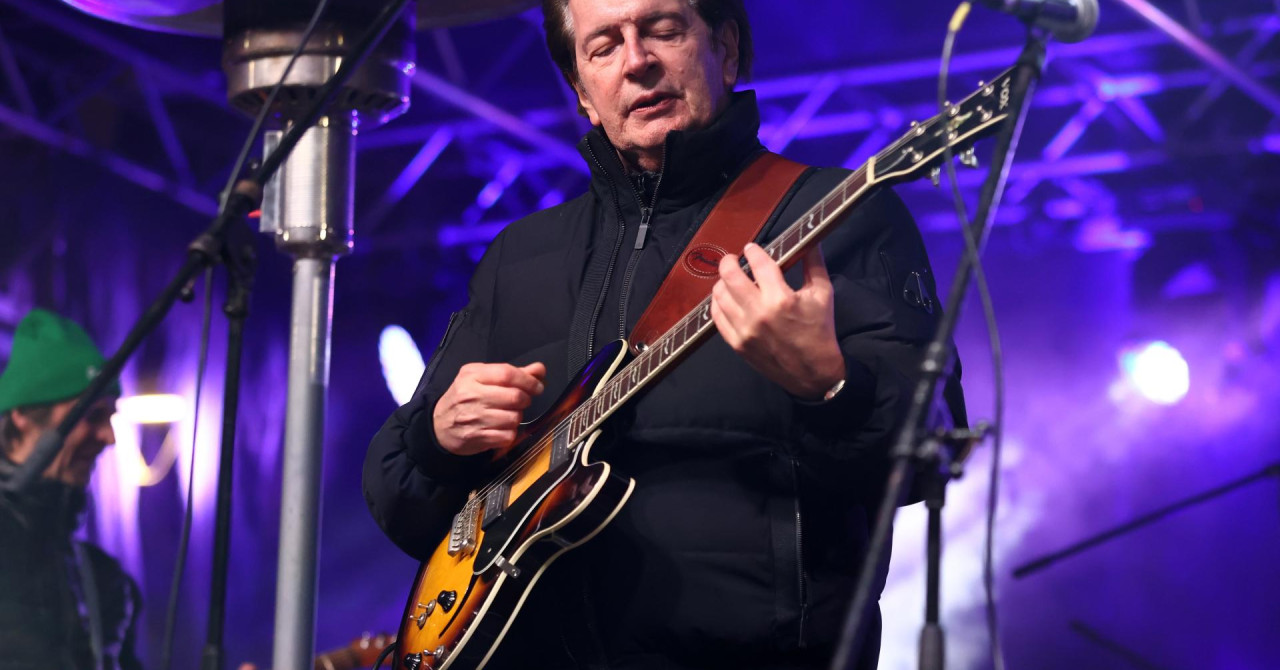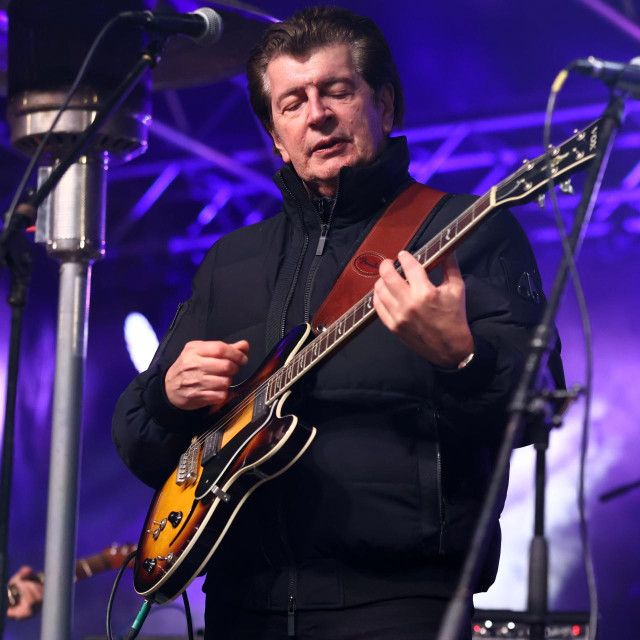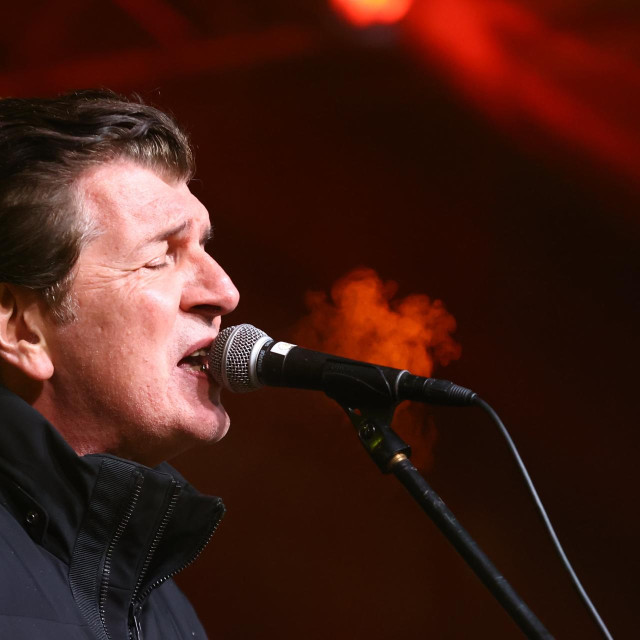POLICE, LAW, AND PANIC: BOŽINOVIĆ ON THE CONTROVERSIAL ‘DOM SPREMNI’ SALUTE AND THOMPSON’S CONCERT
When the uproar about the “Dom spremni” salute flares up in Croatia, Interior Minister Davor Božinović seems at a loss, saying it’s all much ado about nothing. According to him, the issue has long been settled by the Constitution and laws. The police acted according to the law and filed four criminal complaints, while the concert of Marko Perković Thompson in Zagreb on July 5 gathered half a million people.
“The panic created by some opposition members is completely unfounded,” Božinović claims, adding that people at the concert were showing their family values and faith, which should not be condemned.
He also commented on a recording from Mile Kekin’s concert, where some claimed the “Dom spremni” salute was shouted. Božinović said he hadn’t listened to the recording but heard the crowd shouting “Spremni” and doesn’t understand why anyone in Croatia should be held accountable for that.
Božinović believes bans are generally not good and that Croatia should be a democratic country where everyone can express their views by attending or not attending concerts.
HYPOCRISY OF THE RIGHT AND LANGUAGE ISSUES
Ranko Ostojić, vice president of SDPA, sharply criticized the right-wing for filing a complaint against Kaufland’s posters in Hindi, calling it hypocrisy. The right complains about foreign languages on ads while renting out houses to foreign workers in poor conditions.
Bajaga AND CANCELLED CONCERTS
Momčilo Bajagić Bajaga faces concert cancellations in Croatia, especially in cities governed by HDZ. The reason? His alleged support for enemy forces during the Homeland War. While tolerated in some cities, in others he has become unwelcome. The mayor of Dugo Selo openly said Bajaga should not perform due to the controversies he causes.
What’s Going On?
While fierce debates rage in Croatia about the “Dom spremni” salute and concerts of famous musicians, Minister Božinović and the government claim everything is under control and handled legally. However, the opposition and part of the public see hypocrisy, political games, and attempts to hide problems behind legal procedures.
If you think this is just the tip of the iceberg, you’re not far off. Croatia still struggles with the legacy of war, nationalism, and political pressures that spill over into culture and public life.
What do you think? Is the “Dom spremni” salute really just “forbidden fruit” or a dangerous message? Are the cancelled concerts of Bajaga and Thompson’s audience just victims of political games? Drop a comment and let’s see who’s ready to debate!











